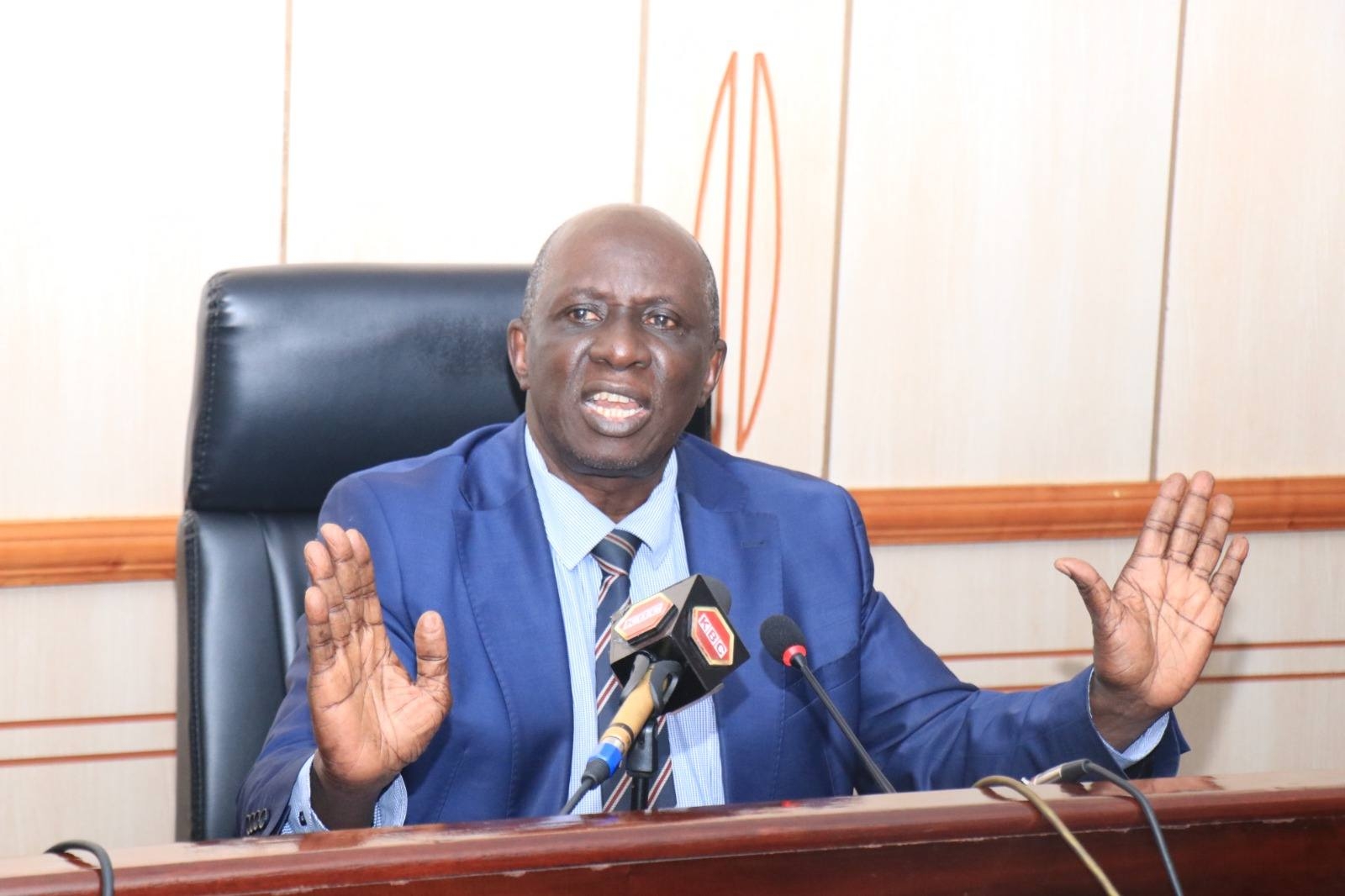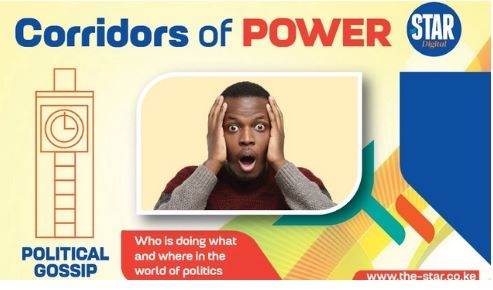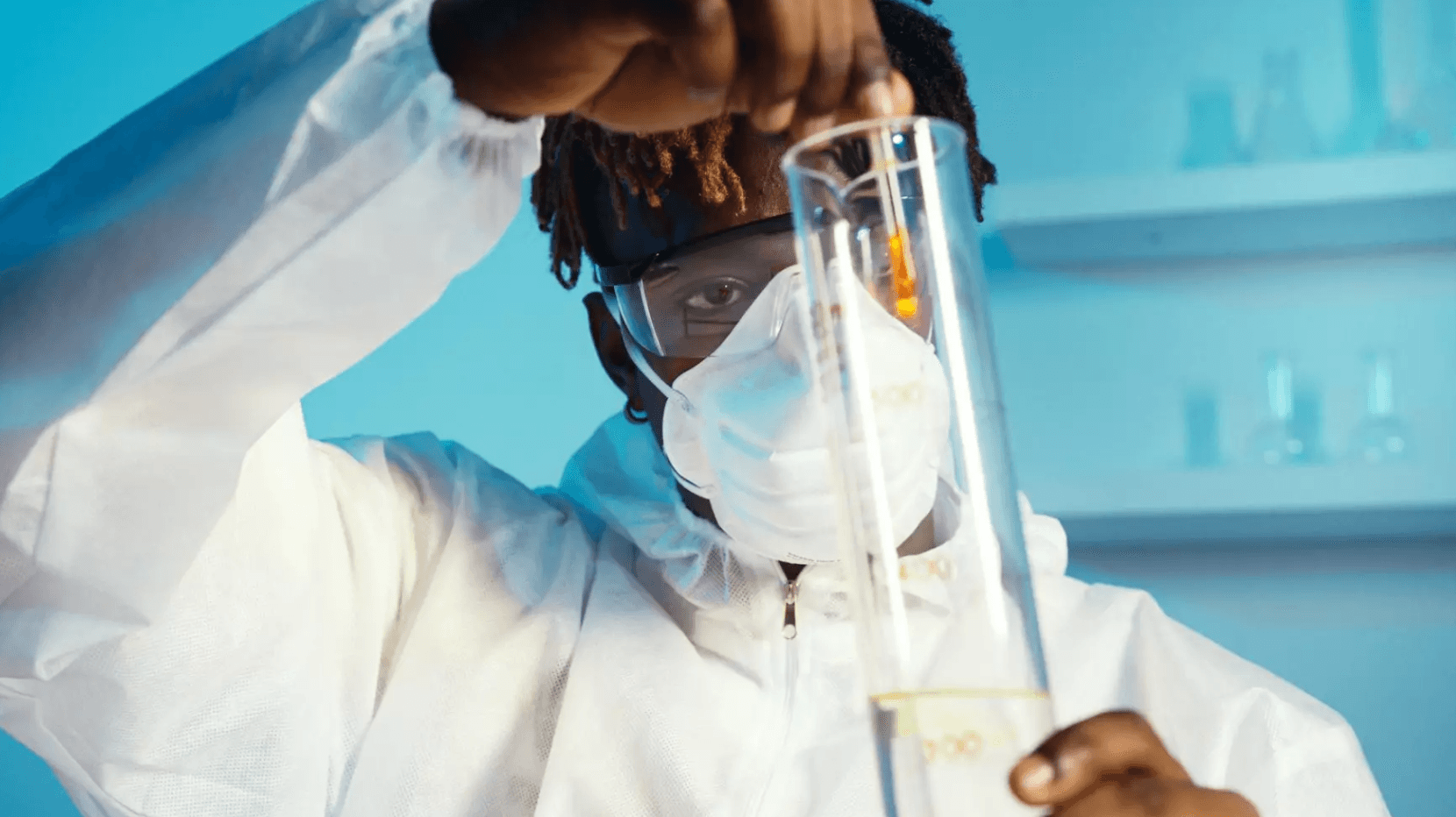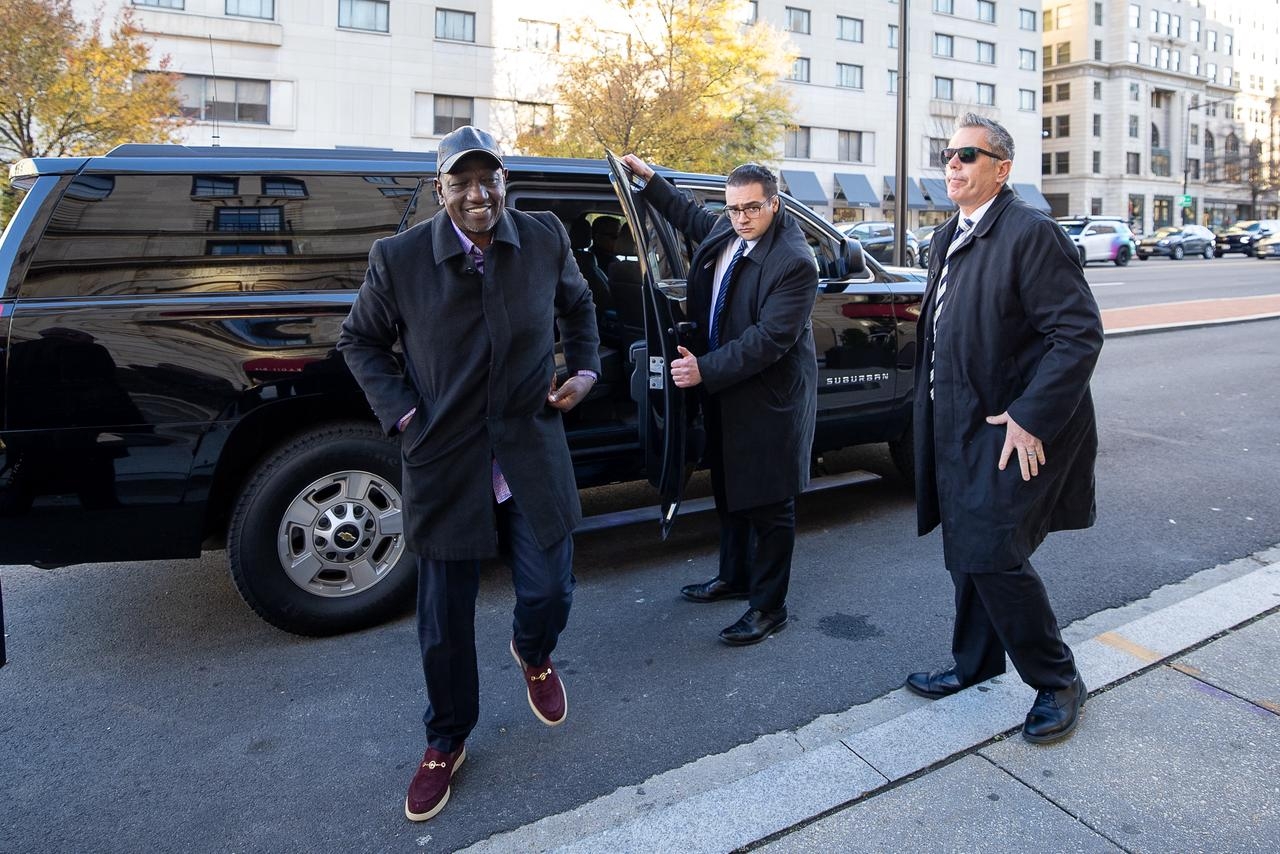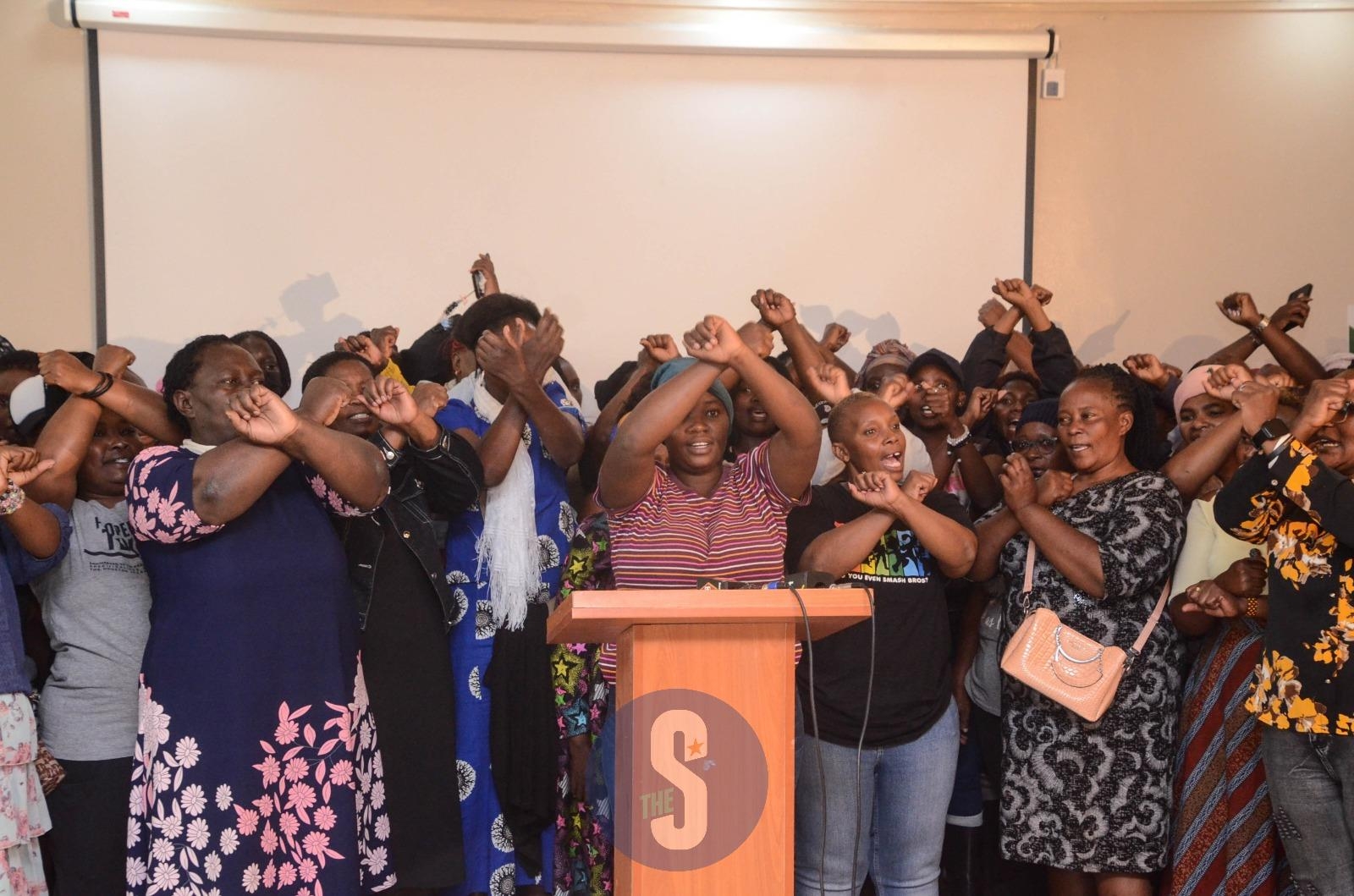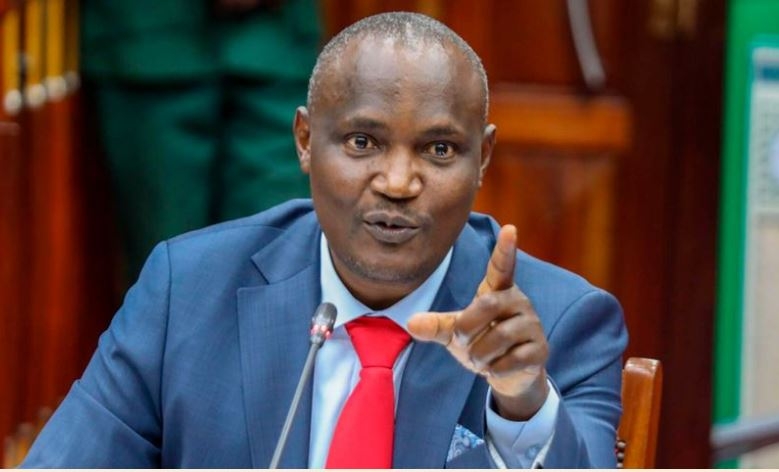Turkana is Kenya's second-largest county and receives Sh10.2 billion revenue allocation — only Nairobi gets more.
It's also consistently ranked the poorest and most unequal county by the Kenya National Bureau of Statistics and the University of Nairobi in the report 'Inequality Trends and Diagnostics 2020'.
Leaders reacted angrily on Monday to the report, which is very similar to the one first issued in 2016. It covers 1994 to 2016.
It was released in July but has caused a furore.
Turkana leaders headed by Cabinet Secretary for Petroleum and Mining John Munyes and MP Jeremiah Lomurkai of Loima faulted the county for not improving residents' lives.
“Turkana ranked the poorest county and most unequal. It should not be having these problems. It receives billions from the National Treasury and donors for development projects,” Munyes said.
He said the county also receives a lot of funding from UNDP, Oxfam and NGOs but development projects cannot be felt on the ground.
“We need forensic auditing to show why billions of shillings have not helped residents," he said.
He called on the Auditor General and the EACC to conduct a forensics audit.
“How do we lack water with the billions that we receive? We cannot feed our people... We cannot get medicines to our hospitals... and Turkana continues to be the poorest county.
“Our kids are starving, the standard of education is going down despite all the money that we receive. Our pastoralists cross the border to Uganda in search of water. Uganda has built mega dams for their people,” he said.
Munyes said in the 1980s, Turkana had 12 functioning irrigation schemes but now none is functional.
“We had 14 landing beaches at Lake Turkana. We supplied fish to the Democratic Republic of Congo. We had enough fish to sell to other countries. All that has gone down. Now we cannot even feed ourselves,” he said.
Turkana Governor Josphat Nanok said the report was old.
“Yes, it has been ranked poorest. But this old report was first released in 2016 and has been subsequently used in national and county planning since then. I wonder why they relaunched it," he said.
“Was there another planned poverty survey they skipped and in its place relaunched what they had already done?” he asked.
He did not say the situation had greatly improved.
MP Lomurkai claimed the money must have been misspent and is not being used for development.
“Government institutions have failed us. They are supposed to arrest those misusing public funds and charge them.”
"We received Sh10.5 billion from the National Treasury. That money must be followed immediately so we know who has taken it," he said.
Lodwar resident Amin Mohammed said residents' needs have not been addressed.
“For years we were marginalised, yes, but when devolution came we thought we will benefit. Nothing has changed. People are still struggling with poverty and a water crisis," he said.
“We are pastoralists, and the major challenge we face is water shortage. Leaders have failed to prioritise our needs."
Mohammed said the county government has failed the business community. Most businessmen were contracted by the county but have not been paid, raising the poverty index, he said.
Most projects are not complete, Mohammed said.
Turkana has an absolute poverty rate of 79.4 per cent. Absolute poverty is defined as the inability of a household, family or person to meet basic needs including food, shelter, safe drinking water, education and healthcare.
While there is no direct relation between absolute poverty and inequality, Turkana is also the most unequal region with a Gini index score of 0.559.
A Gini coefficient of zero represents perfect equality. The higher the index, the higher the inequality.
Mandera, Samburu, Busia and Garissa counties rank among the other top five poorest counties with absolute poverty rates of 77.6, 75.8, 69.3 and 65.5 per cent, respectively.
(Edited by V. Graham)







